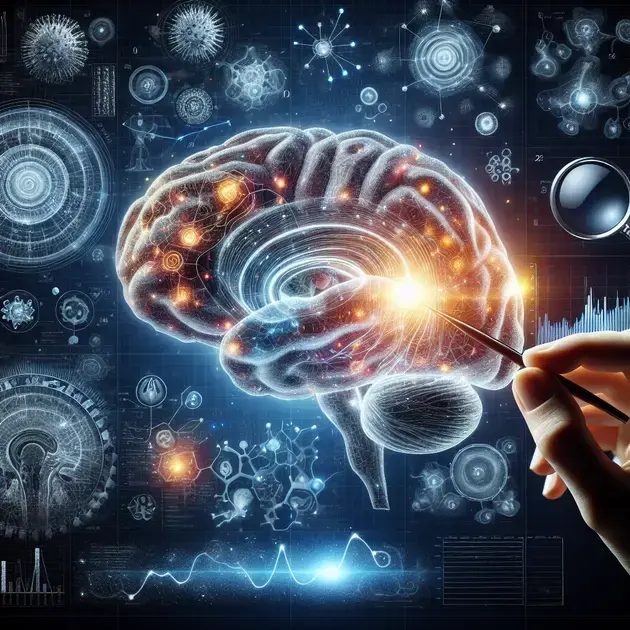The Black Box of the Human Brain Begins to Reveal Its Secrets
Introduction:
The human brain has long been regarded as one of the most complex and enigmatic structures in the world. However, breakthroughs in neuroscience and advancements in technology have allowed us to delve deeper into its mysteries. While animal models have played a crucial role in our understanding of the mammalian brain, limited human data has started shedding light on its intricacies. In this article, we explore recent findings by neurosurgeons, specifically regarding the human hippocampal CA3 region, which is vital for memory storage.
Understanding the Human Brain:
The human brain, with its billions of neurons and intricate network of connections, holds the key to our cognitive processes, emotions, and memories. For a long time, the lack of comprehensive human data has hindered our understanding of this complex organ. However, neurosurgeons and researchers have been using a variety of techniques, including functional magnetic resonance imaging (fMRI) and electrophysiology, to gain insights into the inner workings of the human brain.
The Importance of the Hippocampal CA3 Region:
One particular area of interest is the hippocampal CA3 region, which has been identified as critical for memory formation and retrieval. Animal studies have provided valuable insights into the functioning of this region, but it is imperative to study its specificities in the human brain to understand how memories are encoded and stored.
Neurosurgeons Uncover the Secrets:
In a groundbreaking study, neurosurgeons have started to unravel the mysteries of the human hippocampal CA3 region. By observing patients undergoing brain surgery for epilepsy and other neurological conditions, these specialists have gained access to real-time data from the human brain. These unique opportunities have allowed them to record and analyze neuronal activity in the CA3 region, providing valuable information on its role in memory processing.
Implications for Memory Disorders and Neurological Conditions:
The insights gained from studying the human hippocampal CA3 region have significant implications for understanding memory disorders and neurological conditions such as Alzheimer’s disease and post-traumatic stress disorder (PTSD). By deciphering the mechanisms underlying memory storage and retrieval, we can potentially develop more targeted treatments and interventions for individuals affected by these conditions.
Conclusion:
As the black box of our human brain slowly opens, scientists and neurosurgeons are beginning to unravel its secrets. Through the study of the human hippocampal CA3 region, our understanding of memory processing and storage is expanding. This newfound knowledge has the potential to not only advance our understanding of the brain but also improve the lives of individuals suffering from memory disorders and neurological conditions. The future of neuroscience holds great promise, and we eagerly anticipate further discoveries in this fascinating field.
